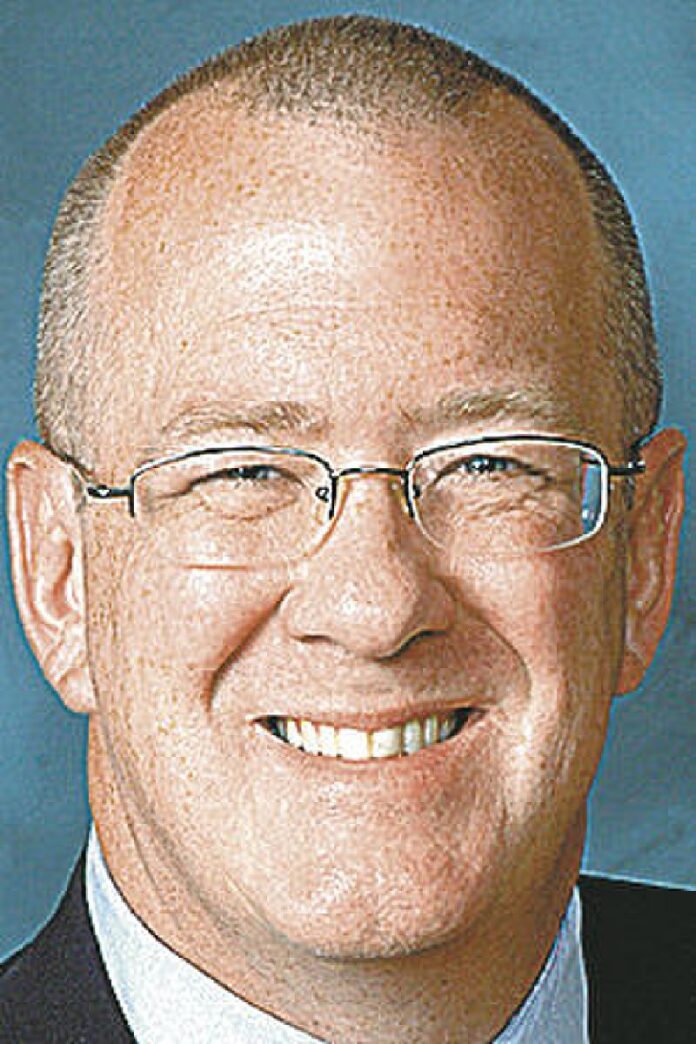Our Republic is a unique place, founded on radical ideas. The notion that we each have value; that we have rights bestowed by higher authority; and that we can only be ruled through the consent of the governed remain as fresh, revolutionary philosophies.
From the very beginning, service in our armed forces differed from that of other nations. The oath soldiers swear is to the Constitution, not a race or place or man or even assembly of men. Our service members swear fealty to an idea.
It does not follow from these truths that the Republic, nor the men and women who wear its uniform, are uniformly good and noble. The experiences of military service, especially war, draw out the best and worst in soldiers.
Still, it is also true that the armed forces of the United States have delivered more people from evil than any other human institution. Still, that experience is imperfect. We have fought wars we should not have, and have in every conflict failed in some way to protect life and honor our Constitution. Human beings, not saints, fight our wars.
These days there is a single-minded focus in patriotic groups to honor warriors, without much thought about the greater reason for their service. This is no doubt a counter reaction to the contempt shown to so many of our returning Vietnam veterans. I believe this reaction has gone too far, and the clearest example of this is the rumor of presidential pardons to men convicted of, or facing, courts martial for war crimes.
Like nearly every American, I do not know the details about those men convicted of war crimes beyond what I read in the media. These crimes range from multiple murders to the desecration of a body. These crimes violate our Constitution and the laws enacted to preserve good order and discipline within the armed forces. These rules are not inconveniences to the effective prosecution of war; they are among the very reason for which we fight.
What I do know is that each of these men benefited from a lengthy investigation into their actions. If convicted, it was by juries of serving soldiers, who are surely combat veterans themselves. These are the men who other combat veterans found guilty of crimes. This is not Monday morning quarterbacking. Blanket pardons, especially of those who have not yet faced trial, is mistaken. It dishonors the memory of those who died for ideals they held in greater value than their own lives.
Now, I know many readers will suggest that our combatants must be given some consideration for the stress of war. I understand that sentiment, but it, too, is misguided. During the final hours of Desert Storm, I fought down Highway 8 outside of Basra. This is surely among the most horrifying scenes of modern warfare. That terrible experience did not unbind me from my oath to the Constitution, nor my obligations as a soldier. I did not later mistreat, much less kill, the Iraqi Republican Guard soldiers whom I captured. Neither did the men and women who served alongside me. We did our duty.
I have no doubt that some men, among the dozen or so serving time for war crimes, deserve a pardon or commutation of their sentence. This is likely true of a great many federal prisoners as well. However, a blanket pardon, especially to men who have yet to be tried and have their crimes evaluated by a jury, is not a patriotic statement. It is, on the contrary, a morally disgraceful way to honor the sacrifice of the men and women for whom we pause and remember.
Michael J. Hicks is a professor of economics at Ball State University. Send comments to [email protected].
Michael J. Hicks is the director of the Center for Business and Economic Research and an associate professor of economics in the Miller College of Business at Ball State University. Send comments to [email protected].




